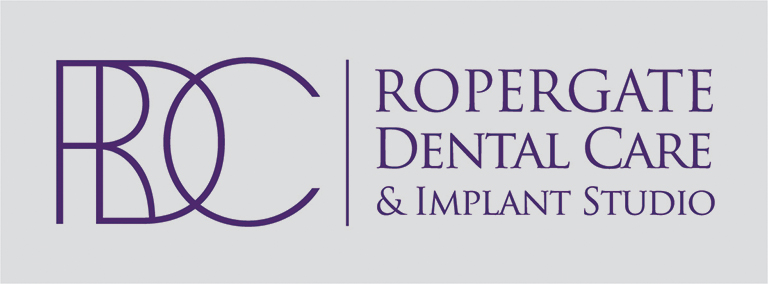
Do Braces Hurt? What You Should Expect
At Ropergate Dental Care, we understand that orthodontic treatment is a significant decision for many individuals. The journey to a perfect smile can be daunting, but we are here to make it as smooth as possible. Our state-of-the-art facilities and advanced technologies enable us to provide top-notch orthodontic services, including traditional metal braces and innovative Invisalign aligners.
As part of our commitment to patient education, we’ve created this guide to help demystify the pain factor associated with braces. We believe that informed patients can make better decisions about their treatment, ensuring a more comfortable and effective orthodontic journey.
Understanding Braces: An Overview
Braces are orthodontic appliances used to correct misaligned teeth or bite problems. Traditional braces consist of brackets attached to each tooth and an archwire that runs through the brackets. The tension in the archwire gradually shifts the teeth into the desired position over time.
Although braces are highly effective, many individuals are hesitant about getting them due to the pain factor. It’s normal to experience some discomfort when wearing braces, especially during the initial adjustment period and after tightening appointments. However, it’s essential to remember that this pain is temporary and manageable.
To help you better understand what to expect, let’s delve into the specifics of the pain associated with metal braces and how you can manage it effectively.
The Pain Factor: What to Expect with Metal Braces
When you first get your metal braces, you may experience some discomfort as your mouth adjusts to the new appliance. This discomfort is usually the most intense during the first few days but gradually subsides as your mouth gets used to the braces.
After your braces are initially placed, we will schedule regular adjustment appointments. During these appointments, we will tighten your braces to continue moving your teeth into the correct position. These adjustments can cause some discomfort, but again, this usually subsides within a few days.
Despite the discomfort, it’s important to remember that braces are a tried-and-true method for straightening teeth and correcting bite issues. The temporary discomfort is a small price to pay for the lifelong benefits of a beautiful, healthy smile.
Dealing with Pain: Tips and Tricks
While the discomfort associated with braces is temporary, we understand that it can be unpleasant. Luckily, there are several strategies you can use to manage the pain effectively.
Firstly, over-the-counter pain relievers can be very helpful during the initial adjustment period and after tightening appointments. These can help reduce inflammation and alleviate pain.
Secondly, a soft diet can be beneficial, especially during the first few days after getting braces or having them tightened. Foods like soup, yoghurt, and mashed potatoes are less likely to irritate your gums or put pressure on your teeth.
Finally, oral hygiene is crucial during your orthodontic treatment. Brushing and flossing regularly can help prevent gum inflammation, which can exacerbate the discomfort caused by braces.
Invisalign: A Less Painful Alternative?
In recent years, Invisalign has emerged as a popular alternative to traditional braces. These clear aligners are virtually invisible and can be removed for eating, drinking, and oral hygiene. But are they a less painful option?
In general, Invisalign tends to cause less discomfort than traditional aligners. This is primarily because there are no brackets or wires to irritate the inside of your mouth. However, you may still experience some discomfort as your teeth move into the desired position.
It’s important to note that while Invisalign may be less painful, it’s not suitable for everyone. Certain complex orthodontic cases may require traditional braces for effective treatment. At Ropergate Dental Care, we can help determine the best treatment option for you based on your unique needs and goals.
Comparing Metal Braces and Invisalign at Ropergate Dental Care
Metal braces are highly effective at treating a wide range of orthodontic issues, from simple to complex. They are also typically more affordable than Invisalign. However, they can cause more discomfort and are more noticeable than clear aligners.
On the other hand, Invisalign aligners are virtually invisible and can be removed for eating and oral hygiene. They also tend to cause less discomfort than metal braces. However, they are typically more expensive and may not be suitable for complex orthodontic cases.
Your orthodontic journey is a personal one, and the best treatment option for you will depend on your individual needs and goals. At Ropergate Dental Care, we are committed to providing personalised care to help you achieve the smile you’ve always wanted.
So, are you ready to start your journey towards a healthier, more confident smile? Contact Ropergate Dental Care today to schedule your consultation. We look forward to helping you navigate the world of orthodontics and making your treatment as comfortable and effective as possible.
